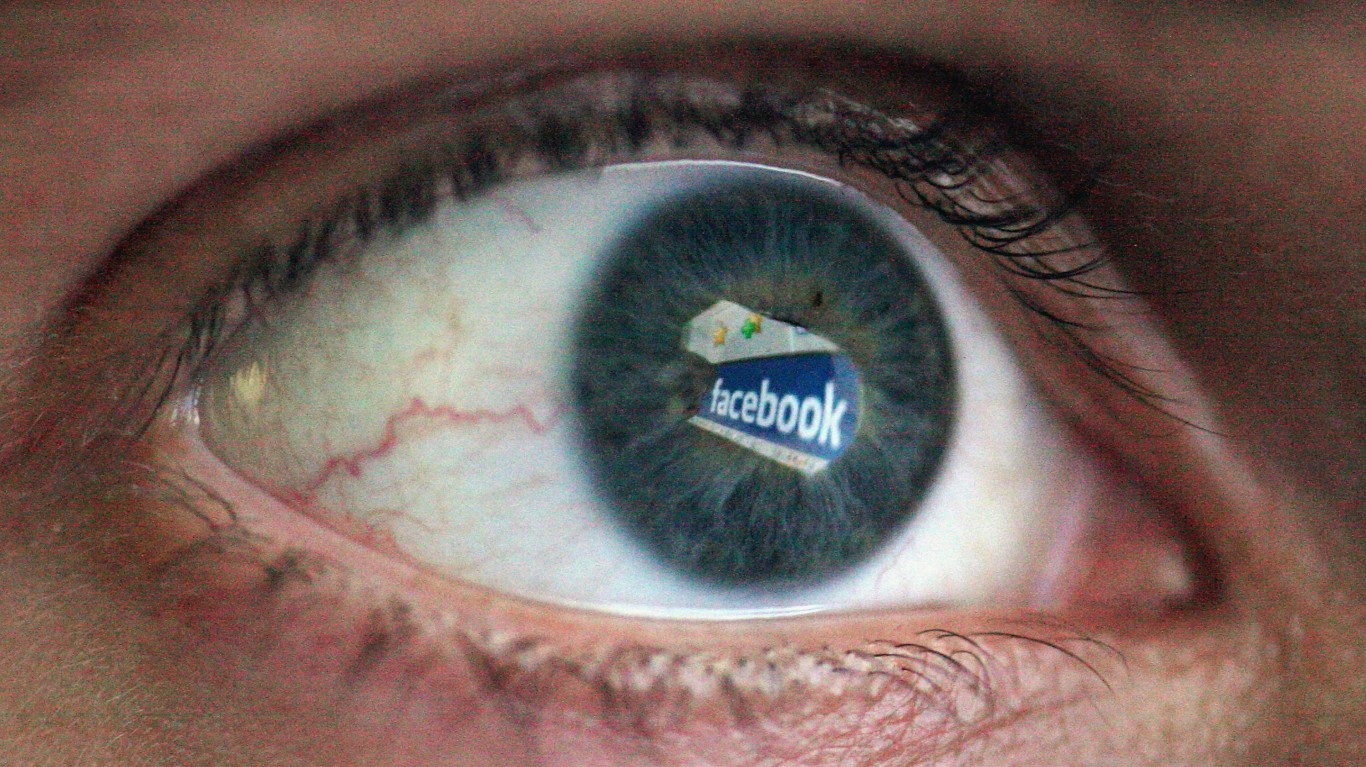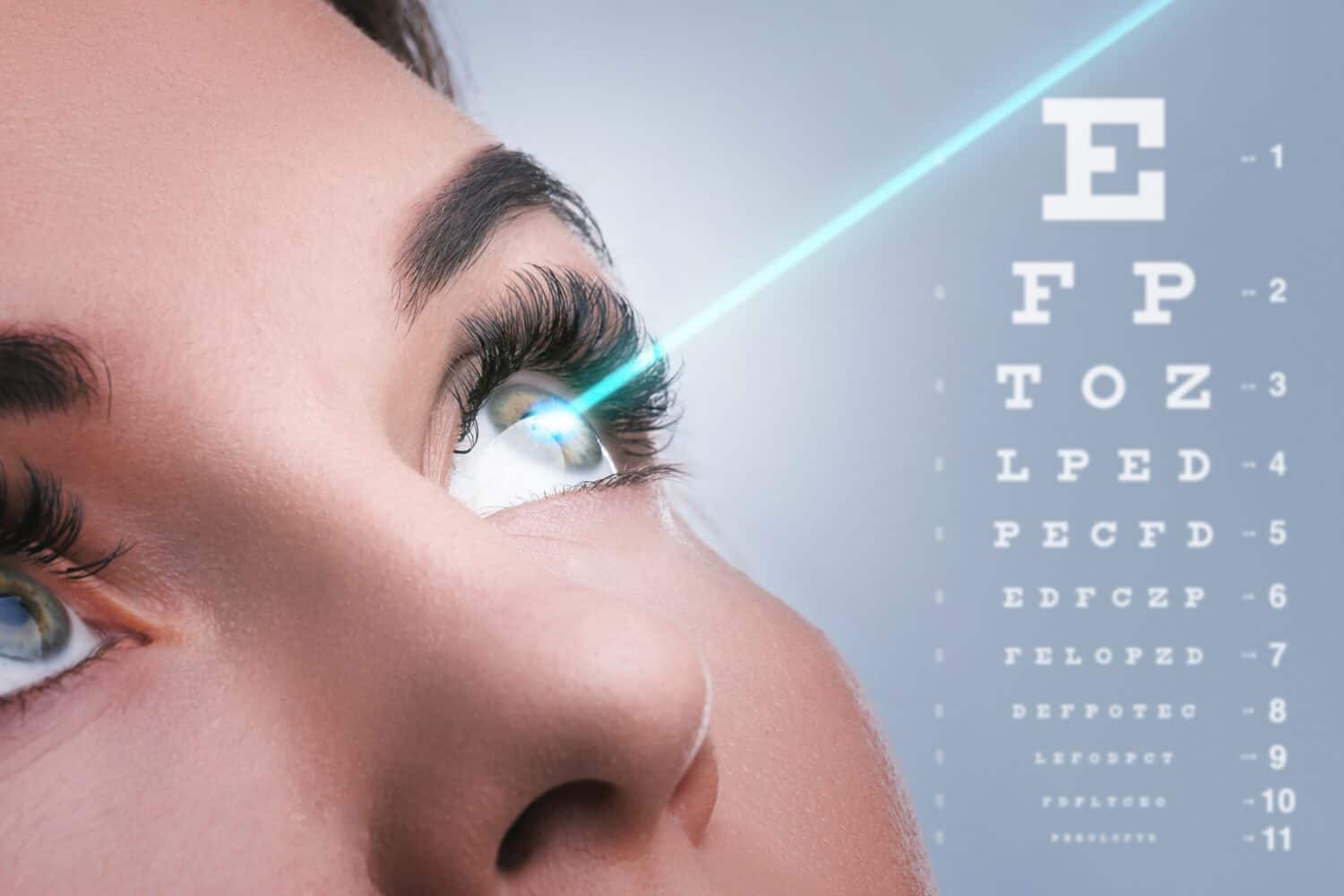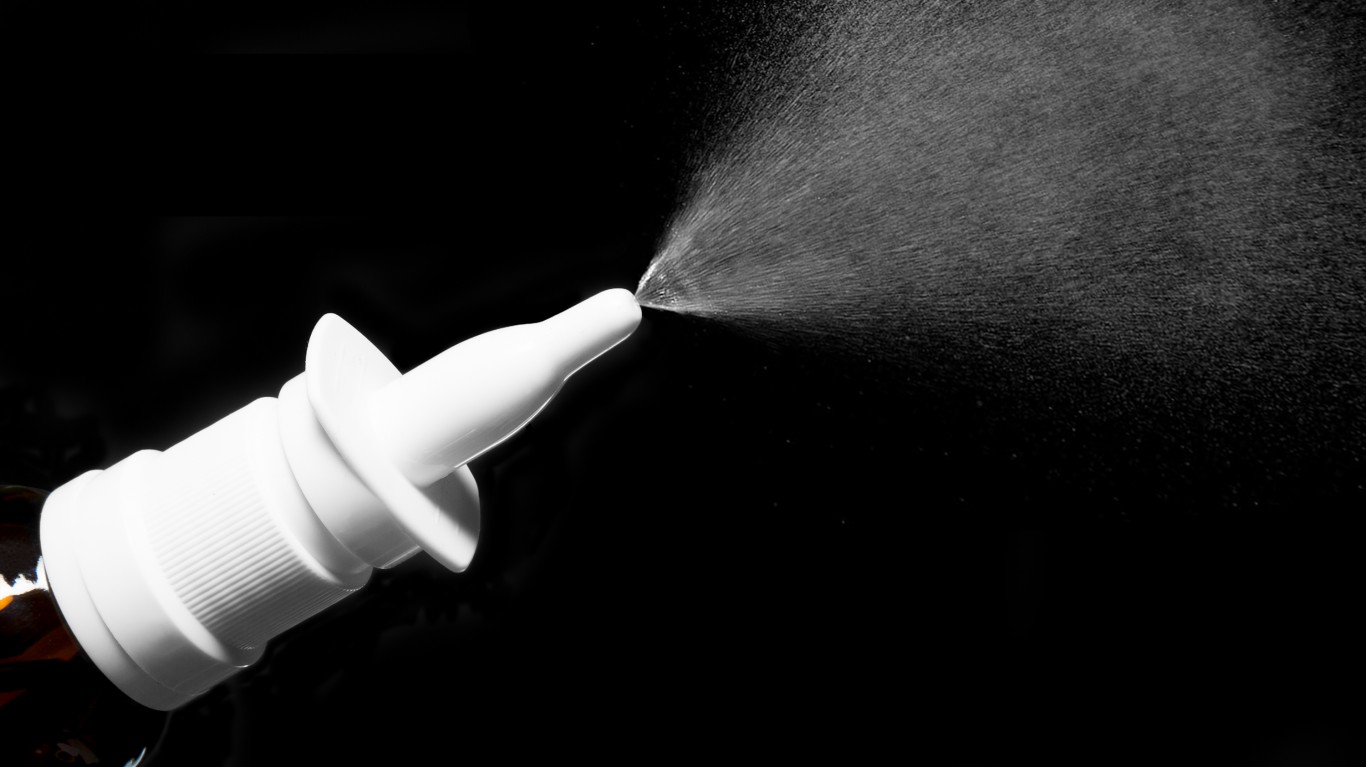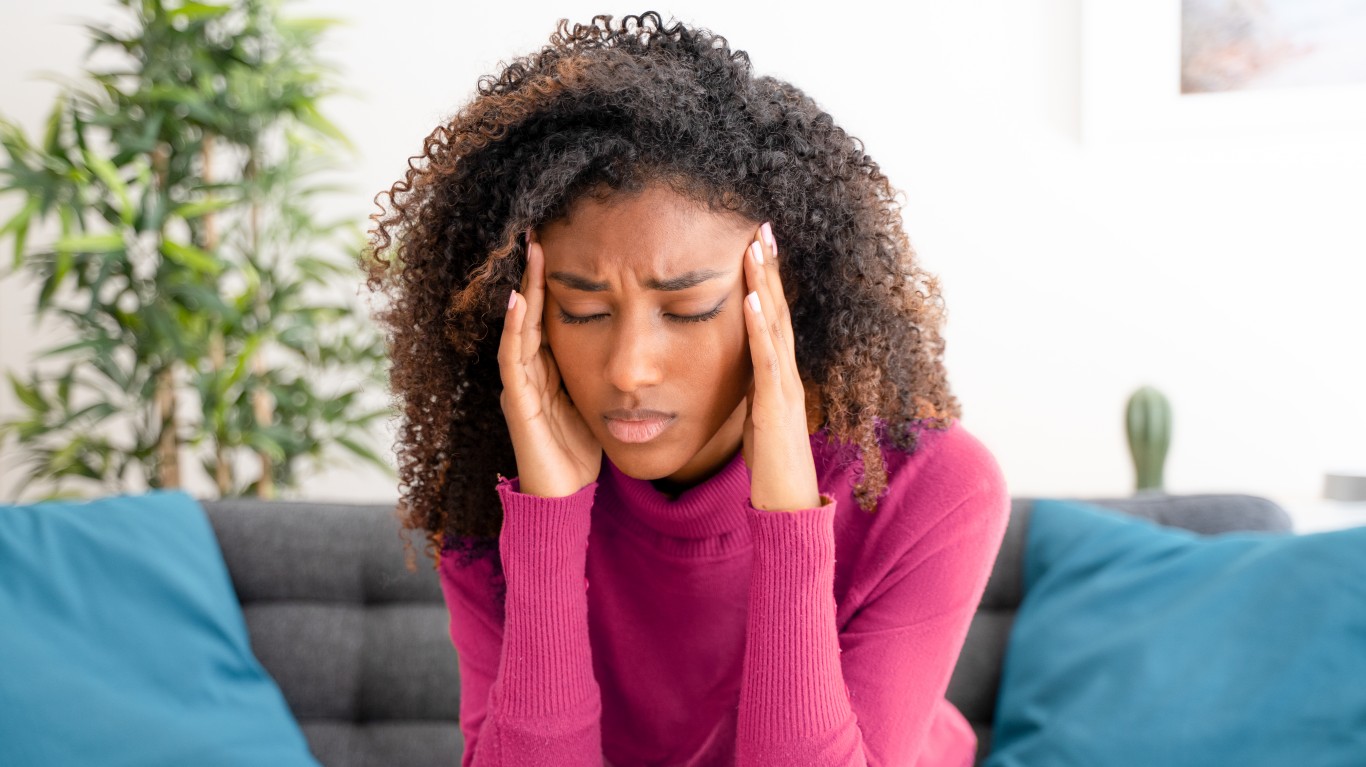Health and Healthcare
Baby Boomers' 14 Least Favorite Drug Brands: Ranked

Published:
Last Updated:

Baby boomers are currently one of the oldest demographics. For this reason, they’re also some of the most familiar with medications. But with so many choices, some brands just don’t have much popularity!
Below, we’ve listed the least popular drug brands according to Baby Boomers. We’ve ranked these in a countdown style, with the worst-liked drug at the end. We pulled popularity data for each of these brands from YouGov and then ranked them accordingly. We’ve also included a popularity score, which is the percentage of Baby Boomers who like the drug.
We suspect that you’ll be surprised by one (or two) of these brands!

Baby Boomers represent a significant portion of medication users, and their brand preferences can influence the success of pharmaceutical companies. If a company’s drugs are unpopular with this demographic, it could be a sign of future financial struggles for that company. This information can be useful when choosing where to invest your money!

Relpax is a migraine medication that has a surprisingly low popularity score with Baby Boomers. Like many migraine medications, this drug doesn’t work for everyone‘s migraine, and it can have some pretty harsh side effects.

Air Optix is the least popular contact lens brand, according to Baby Boomers. Boomers may lean more towards traditional glasses, which may also be a reason this brand is rated so low.

Natrol isn’t a specific drug but a brand that makes vitamins and other supplements. They’re particularly known for their sleep aid products, including melatonin. This medication may be popular with those who prefer more natural solutions. However, it appears that many Baby Boomers prefer other supplements.

Sanofi is a major French pharmaceutical company headquartered in pairs. They develop and sell medication and other healthcare products. They are a key player in the healthcare industry, so many boomers will rely on their medication and treatments at some point.

Zomig is an effective migraine medication. Sadly, it also has a range of other side effects, like nausea and dizziness. These can be off-putting for anyone, including Boomers. Plus, there are many more effective drugs out there today to choose from.

This Alzheimer’s drug is one of the less desirable options out there due to its high cost. However, it is one of the few drugs on the market for Alzheimer’s, though it does not halt the progression of the illness completely.

Rituxan is used to treat certain cancers and rheumatoid arthritis. This medication can have some pretty serious side effects, though, such as lowered immunity. These can be understandable concerns for Boomers.

For those with macular degeneration, Eylea can help prevent progression. However, this medication must be regularly injected into the eye, which isn’t a happy proposition, to say the least. While it is effective, many patients dislike the delivery method.

This medication’s main purpose is to shrink the prostate. However, it also has several side effects that may be the cause of its lower score. Like with many medications on this list, it is necessary for many Boomers, but that doesn’t mean they’re happy about it.

This steroid nasal spray can be utilized for a range of purposes. It can have several side effects, though, like nosebleeds and headaches. These side effects may be why it was scored so much lower than other medications.

Frova is a common headache medication. Around 10% of Boomers reported hearing about it, though it received a very low popularity score! Its potential for drowsiness and dizziness may be unattractive for many.

This ADHD medication is also well-known among Boomers. 15% of those surveyed had heard of this medication. However, it has a very low rating, perhaps because of the side effects! It’s also possible that Boomers simply prefer different ADHD medications.

Femara is one of those “necessary evil” drugs we’ve discussed. It’s effective against several types of cancer, but it does come with its own side effects. For instance, it can cause joint stiffness, which can be a problem when your joints are already stiff!

This cancer medication got the lowest popularity score—only 1%! This is likely due to its harsh side effects, like fatigue and mouth sores. More tolerable treatments are available today, though this medication is still sometimes utilized. For instance, it may be used when America runs out of other drugs.
After two decades of reviewing financial products I haven’t seen anything like this. Credit card companies are at war, handing out free rewards and benefits to win the best customers.
A good cash back card can be worth thousands of dollars a year in free money, not to mention other perks like travel, insurance, and access to fancy lounges.
Our top pick today pays up to 5% cash back, a $200 bonus on top, and $0 annual fee. Click here to apply before they stop offering rewards this generous.
Flywheel Publishing has partnered with CardRatings for our coverage of credit card products. Flywheel Publishing and CardRatings may receive a commission from card issuers.
Thank you for reading! Have some feedback for us?
Contact the 24/7 Wall St. editorial team.